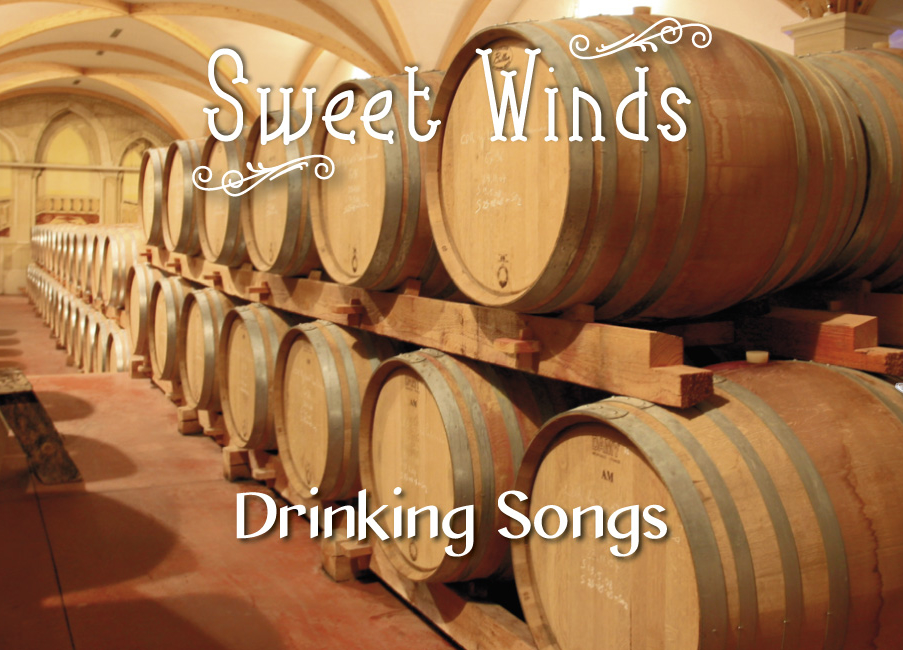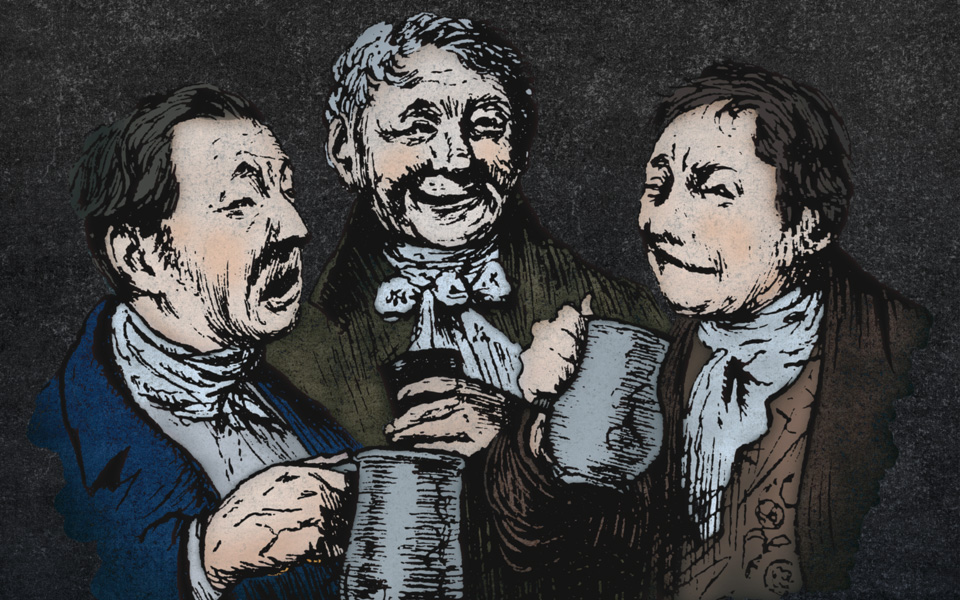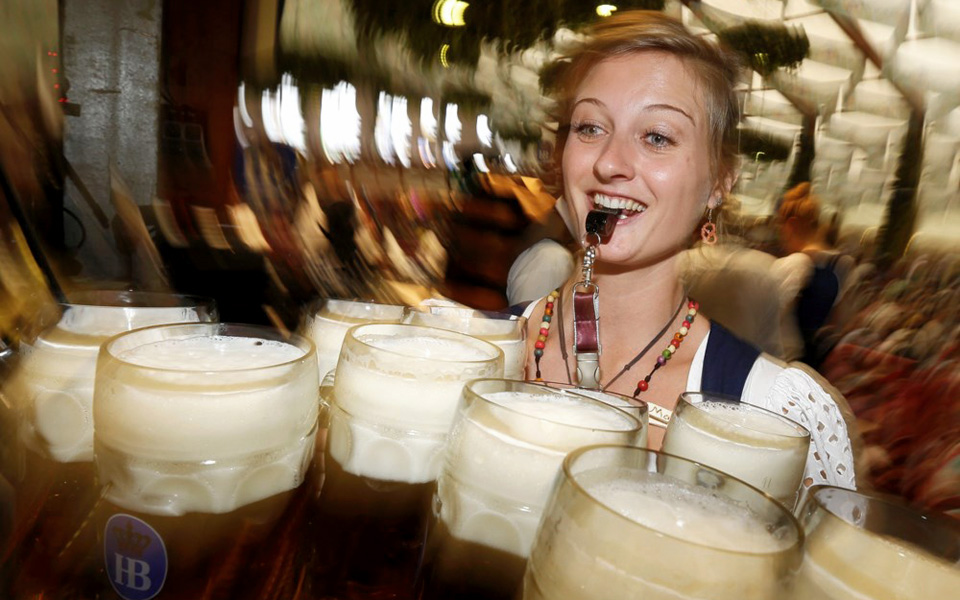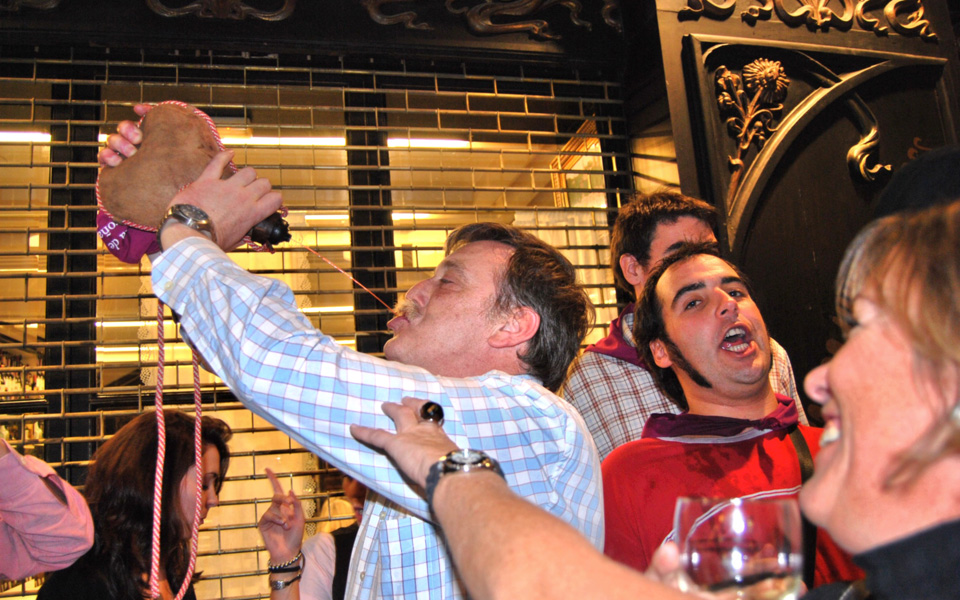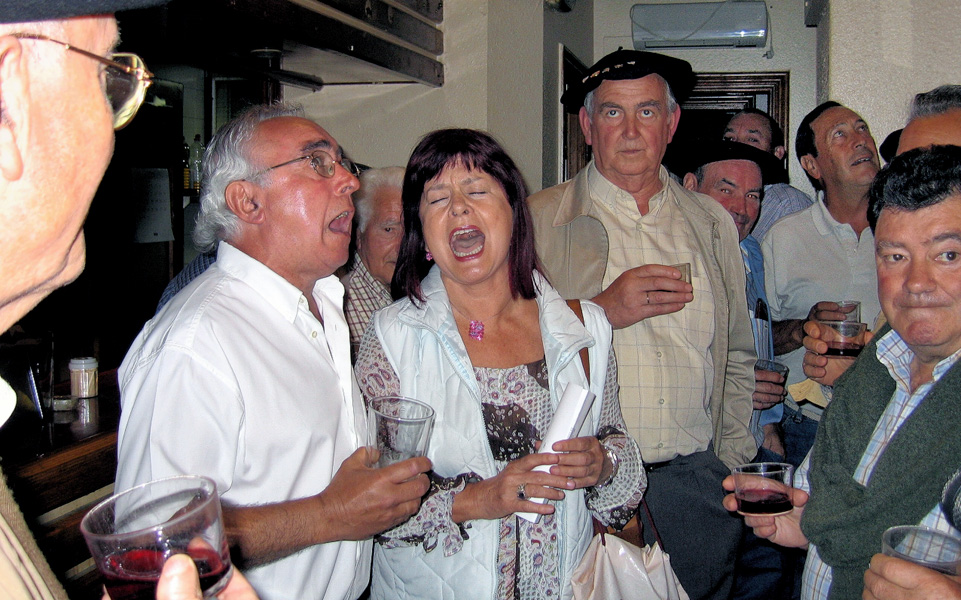Drinking alcoholic beverages has always been part of human cultures. In Europe we distinguish historically two great areas: the Beer area in North and Central Europe (with also an old tradition in Spain and Portugal reported from the Celtiberians), and the Wine area in South Europe and Mediterranean countries. These historic areas are reflected in the songs we found. Today these two areas are in part superimposed, but the traditions reappear in great festive events as Saint Patrick’s Day in Ireland, Oktoberfest in Germany, beer and wine seasonal festivals (as the “Beaujolais nouveau”) in France and other countries.
The first record of a drinking song dates to the 11th century, and derives from the Carmina Burana, a 13th century historical collection of poems, educational songs, love sonnets and “entertainment” or drinking songs. Drinking alcohol is pairing with entertainment, singing and love (also in its sexual aspect). The so called “drinking songs” are songs of the end of meal which encourage the consumption of wine, sometimes of alcoholic beverages in general. Drinking songs are usually performed by a group: at family meals, wedding banquets, student parties…
Sweet Winds proposes an amazing general program of drinking songs of Europe (and more…) and topical concerts for Saint Patrick’s Day and Oktober Fest. Please, feel free to contact us for more informations.

Some explanations about the drinking songs in Europe
Most drinking songs are folk songs, and may be varied from person to person and region to region, in both the lyrics and in the music.
In Germany, drinking songs are called Trinklieder. In Sweden, they are called Dryckesvisor, there are associated with Christmas, Midsummer, and other celebrations. An example of such a song is «Helan går«. In Spain there are a lot of drinkinks in various languages and dialects; for example the anthem of Asturias, Asturias, patria querida (the anthem of Asturias) is depicted as a drinking song. In Basque country, the short songs called bilbainadas (from Bilbao capital of Biscay) are mostly drinking songs sang during the «txikiteo», tradition of drinking and singing with friends in public spaces.
In France, historical types of drinking songs are Chanson pour boire and Air à boire. Part of the tradtional french drinking songs have an erotic contain. The more daring are also called Chansons paillardes (ribaldry, also a remote european tradition).
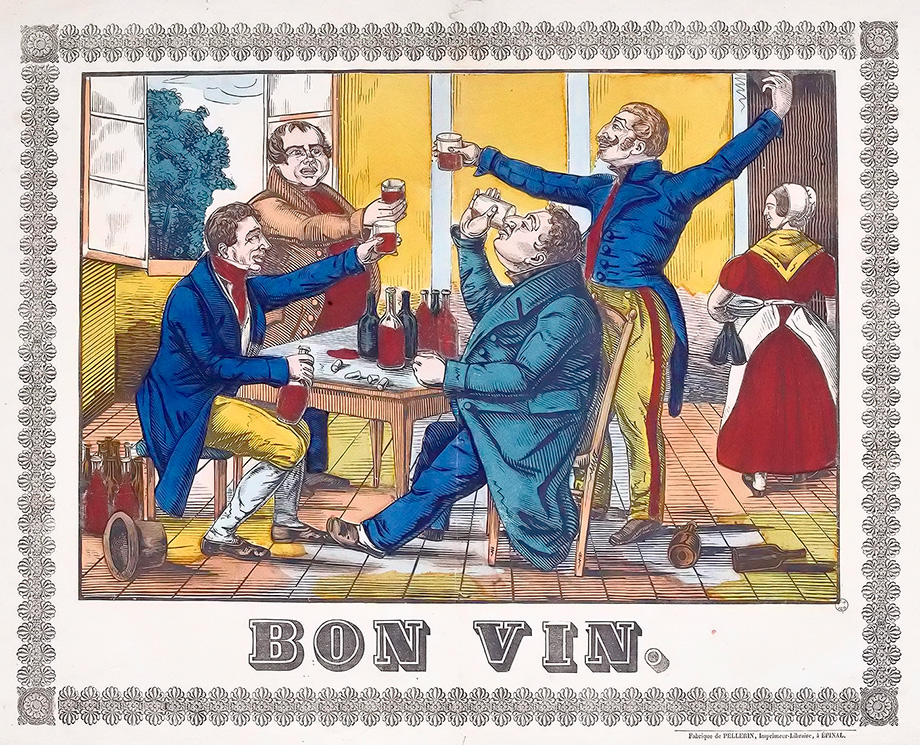

The specificity of the ribaldry of Western Europe is in part an heritage of the Goliards. The Goliards were a group of clergy, generally young, in Europe who wrote satirical Latin poetry in the 12th and 13th centuries of the Middle Ages. They were mainly clerics who served at or had studied at the universities of France, Germany, Spain, Italy, and England, who protested against the growing contradictions within church and society by song, poetry and performance.
The Carmina Burana in Germany, and the books of Rabelais (especially Gargantua) in France are directly linked with the Goliards.
A Number of them had old roots XVIIIth Century –great time of libertinism literary and anti-religious rebellion– and are in some cases even older (Middle Age). Some of them were known in Canada during the reign of king Louis XIV in France, and since then they have developed themselves outside their their european roots. The oldest printed collections of “Playful Songs” (chansons folâtres) are dating from the Renaissance. Xavier Hubaut, director of the Brussels University’s Choir, don’t hesitate to affirm that the “Chansons paillardes” (bawdy songs) “are virtually the only sung musical accounts of the late Middle Age that have reached us”.
This tradition (from which resulted Rabelais) extended into modern times in the fact that “bawdy songs” like to ridicule the clerics, and that the student’s community is the privileged place where they spread and are transmitted. Especially students of medicine and junior doctors: the different editions of the Breviary of the Medical Student (Le Bréviaire du carabin) are authorities regarding the lyrics of the “chansons paillardes” (bawdy songs).


